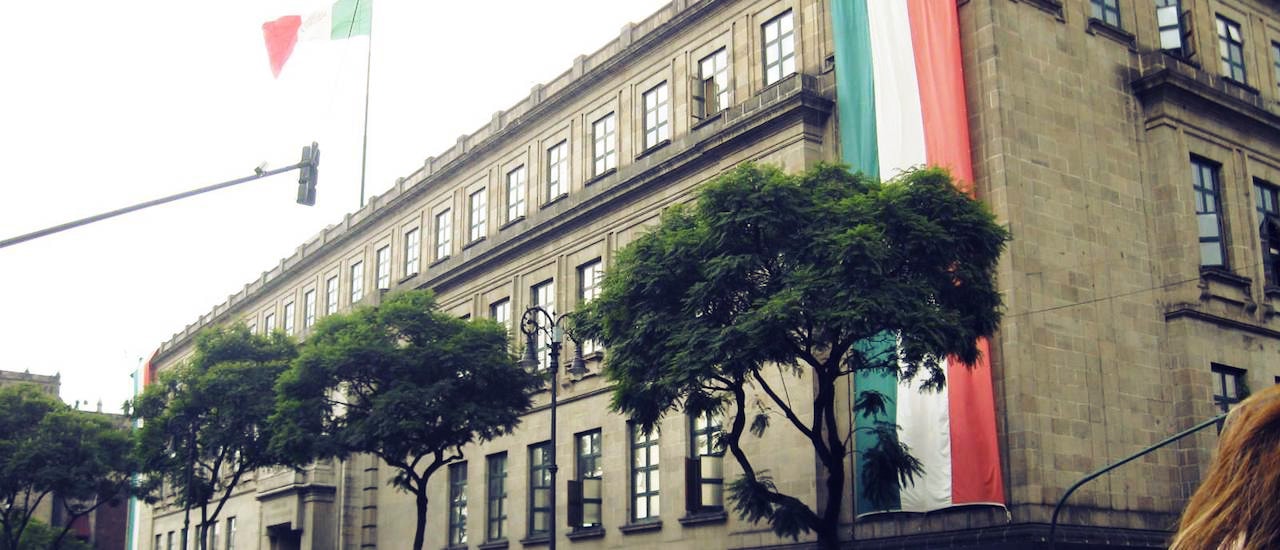A nonprofit telecommunications provider offering voice and data services to remote areas in southern Mexico has avoided a crippling federal fee after challenging it in court.
A Mexican court recently ordered the Federal Institute of Telecommunications to reconsider the spectrum fee for Indigenous Community Telecommunications (ICT), which serves about 3,500 customers. The fee, about 1 million pesos or US$50,000, is equal to about half of ITC’s annual operating budget, said Peter Bloom, founder and a board member of ITC.
But the ruling, by the Collegiate Circuit Court on Administrative Matters, Specialized in Economic Competition, Broadcasting and Telecommunications, doesn’t end the legal battle between the nonprofit ISP and the federal regulator.
ITC doesn’t feel like the regulator honored the ruling, Bloom said, even though it exempted the ISP from fees in 2017 and beyond as long as it maintains its nonprofit status.
The court instructed the regulator to “take into account fundamental human and constitutional rights when deciding how or if to charge for spectrum use,” he added. “In our case, our mission is social, but we were being taxed as a commercial cellular provider in an amount that would make it impossible for us to continue operating.”
The federal regulator didn’t address this “fundamental issue,” so ITC will press it to consider human rights in its fee structure with continued court action, Bloom said.
In addition, ITC may be still on the hook for 2016 fees. “The issue now is that in 2016 we did not have this tax-exempt status, so we technically still owe money for that year,” Bloom said. “This is part of the reason we are fighting to have the actual court decision honored.”
ITC offers mobile phone, SMS, and data services in remote areas for 40 pesos, or about US$2, a month.
Bloom’s Rhizomática, an organizations that supports community broadband projects, and Networks for Diversity, Equality and Sustainability, praised the original court ruling in a press release.
“We consider this ruling … a transcendent moment in the history of the rights to communication,” the press release said. The ruling “makes clear the obligation of both the regulatory body and the other administrative authorities, to consider in the interpretation and application of the law the widest protection for human rights and the fundamental rights of indigenous peoples.”
Indigenous communities face unique challenges to Internet access and inclusion. Learn how you can support indigenous connectivity, then find out how you can build a Community Network yourself!
